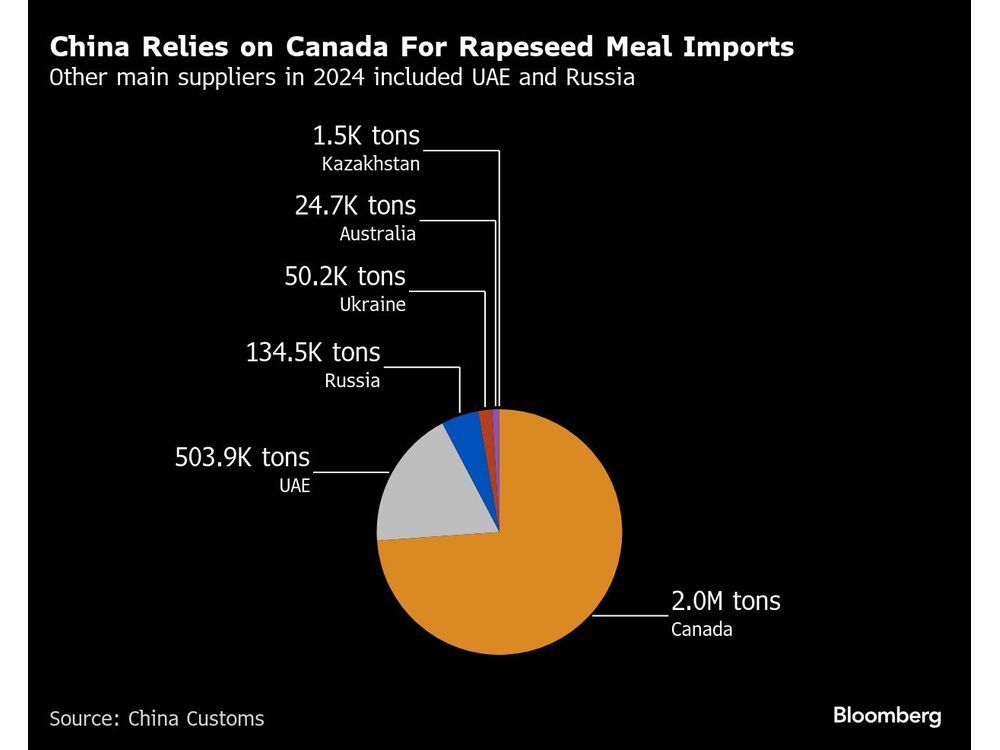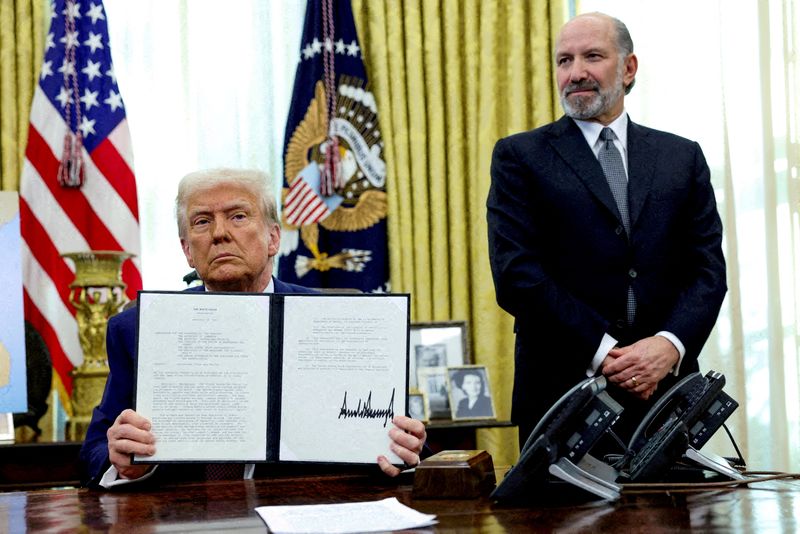Volatility spillover refers to the transmission of volatility shocks from one market or asset to another, leading to increased volatility in the receiving market. These spillovers can occur within the same asset class or across different asset classes. For instance, a sudden increase in volatility in one stock market may trigger similar movements in other stock markets around the world. Similarly, volatility shocks in the currency market can spill over into the equity market.
Reference [1] investigates the volatility spillover effect between the Nigerian exchange rate and the exchange rates of the BRICS countries. The authors pointed out,
This study focuses mainly on examining the volatility spillover between the economies of Nigeria and the BRICS nations, using MGARCH time series models; VECH, DBEKK and CCC. Thus, to study some features of good volatility modeling on FTS. It is shown that not all series are stationary since trend components exist which must be transformed prior to modeling. These trend components have been appropriately handled, having noted that some periods pose more threats than the others. In addition, risky periods are spread out at random and a certain degree of autocorrelation exists in the series, implying that big changes are likely to follow big changes and small to follow small, which is called volatility clustering. The result of the VECH model shows that all parameters are significant at 5% level (p< 0.05) and this clearly indicates that there are positive effects of ER shocks in Nigeria on the ERV of BRICS markets. In addition, the VECH model was able to capture volatility spillover (own and across) with both parameters are on negative directions for Nigerian market, suggesting a causal relationship between past volatility shocks of Nigeria and current volatility in the BRICS markets (which clearly revealed that Nigeria has better advantage in being with the BRICS nation).
In essence, there exists a spillover of volatilities between the Nigerian exchange rate and the exchange rate markets of the BRICS countries. The authors also offer economic explanations based on bilateral relations between these nations.
This paper demonstrates that seemingly unrelated markets can be interconnected and display lead-lag relationships. Such relationships are important in the design of trading and risk management systems, such as statistical arbitrage.
Let us know what you think in the comments below or in the discussion forum.
References
[1] Ibrahim, M. K., Tasi’u, M. and Dikko, H. G., A study on the volatility spillover between Nigerian and BRICS economies using multivariate GARCH models, FUDMA JOURNAL OF SCIENCES, 8(2), 170 – 179.
Further questions
What's your question? Ask it in the discussion forum
Have an answer to the questions below? Post it here or in the forum



